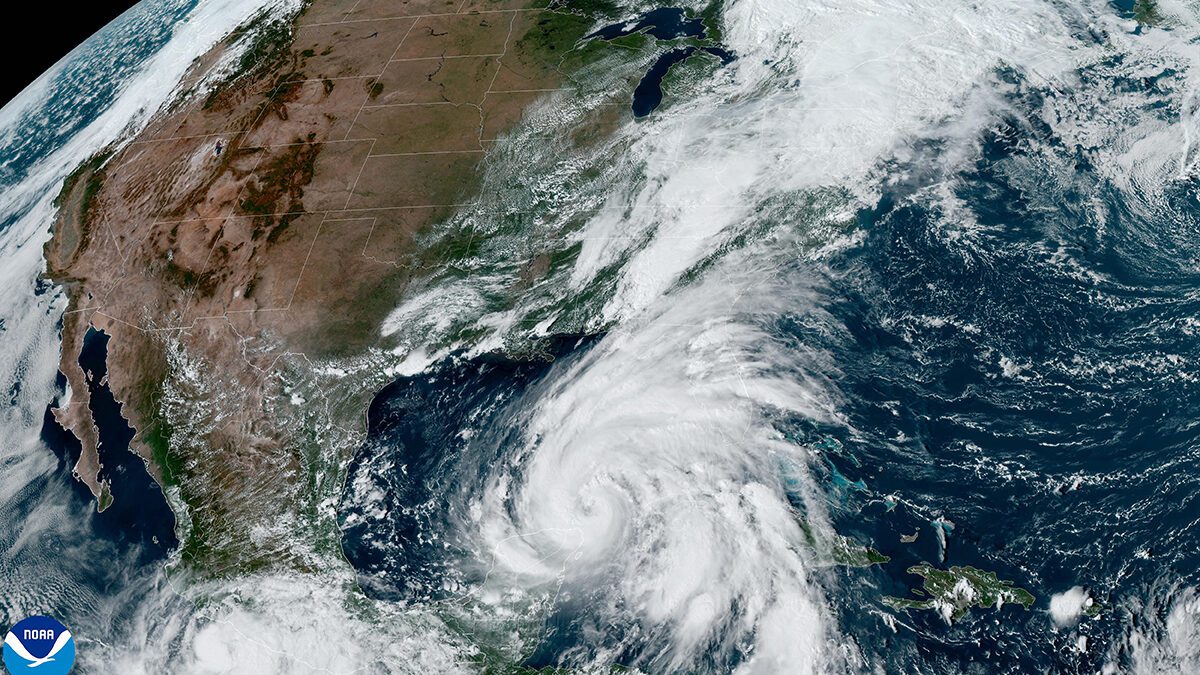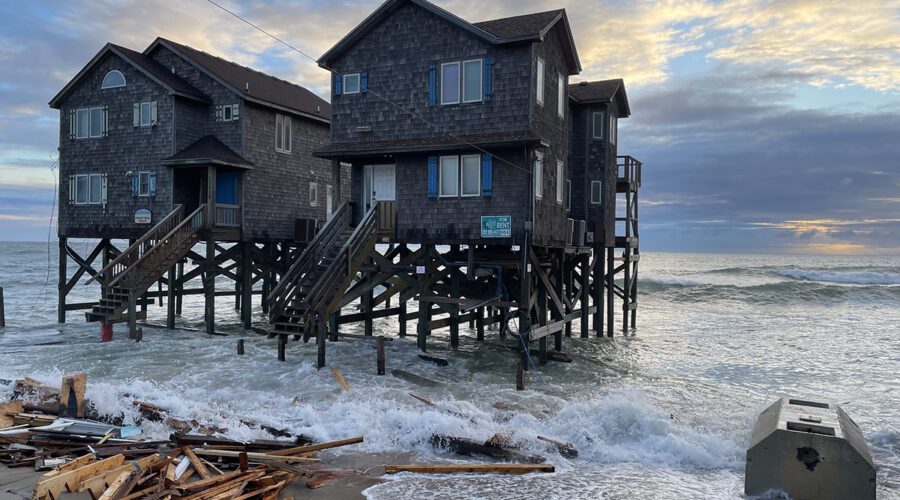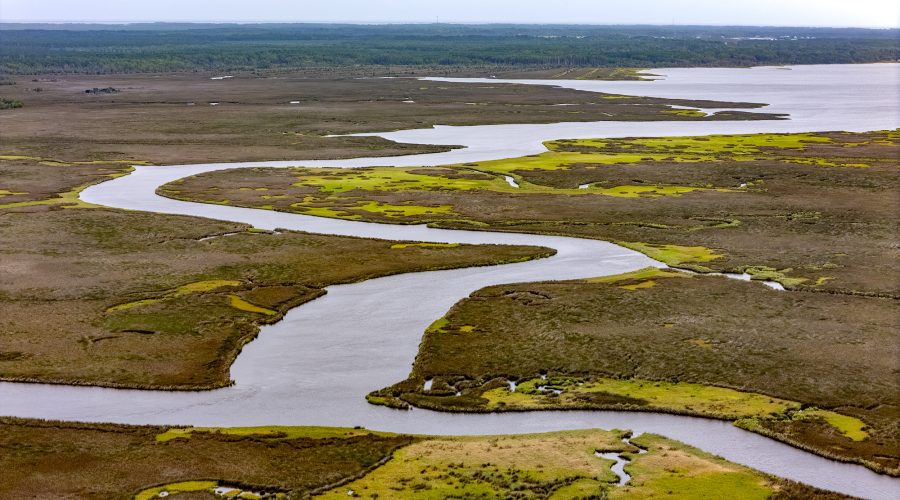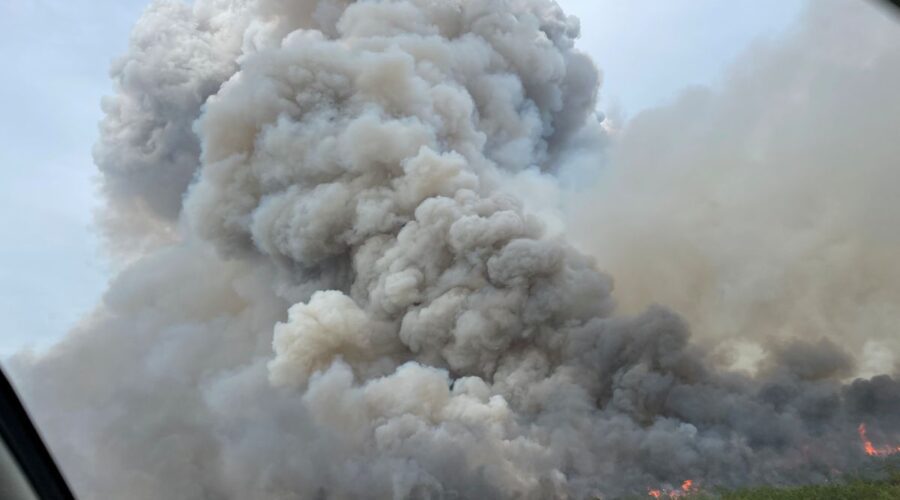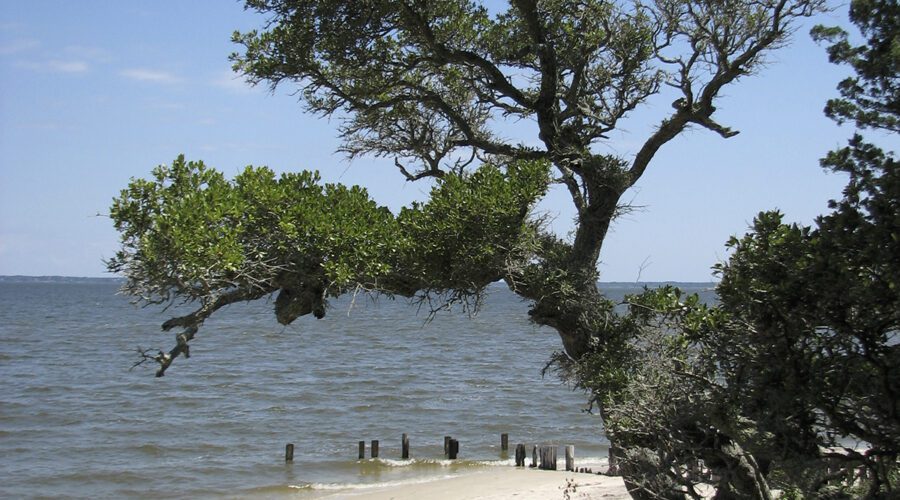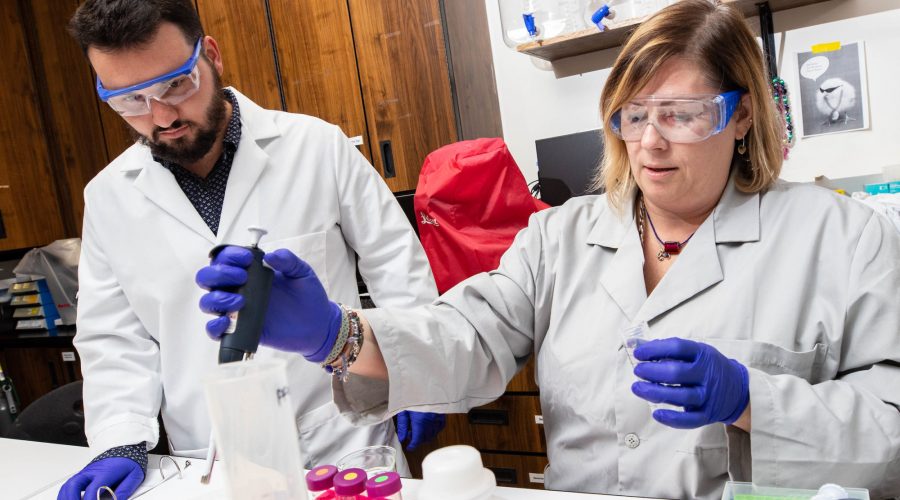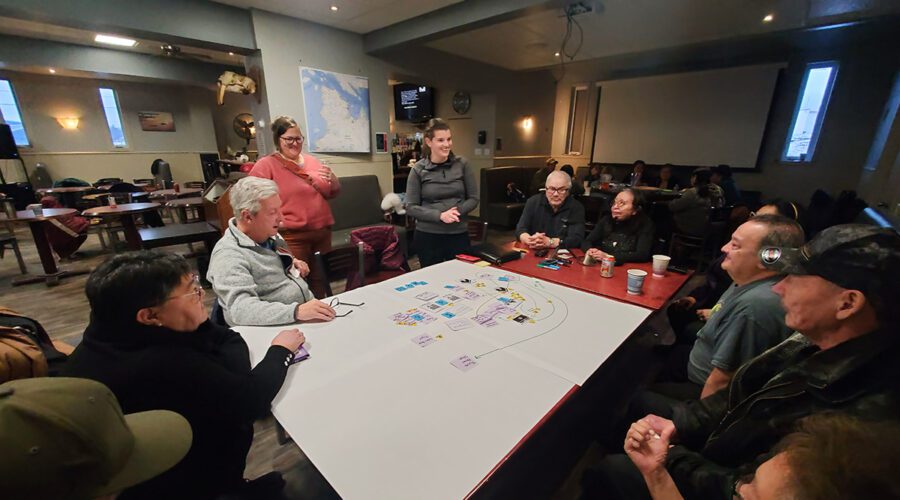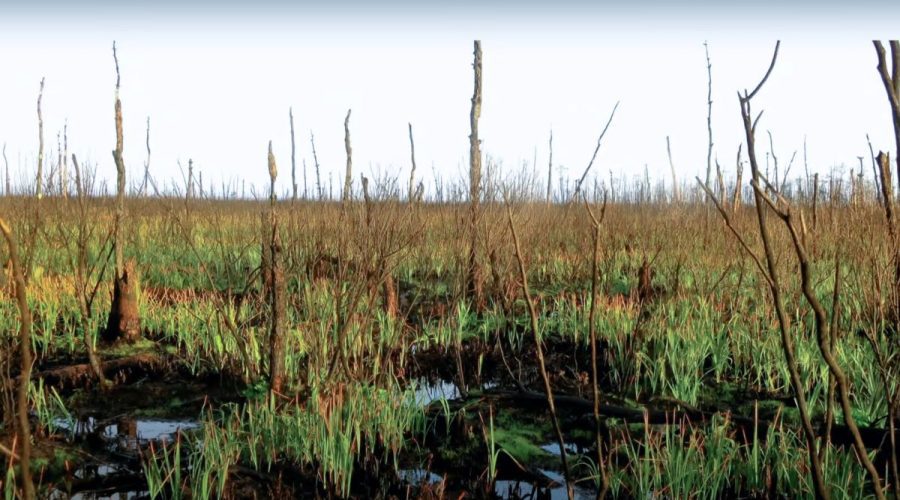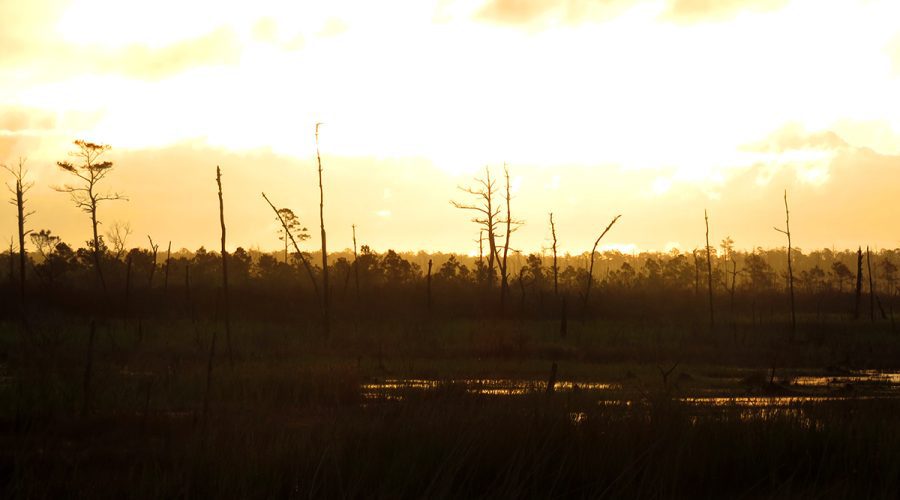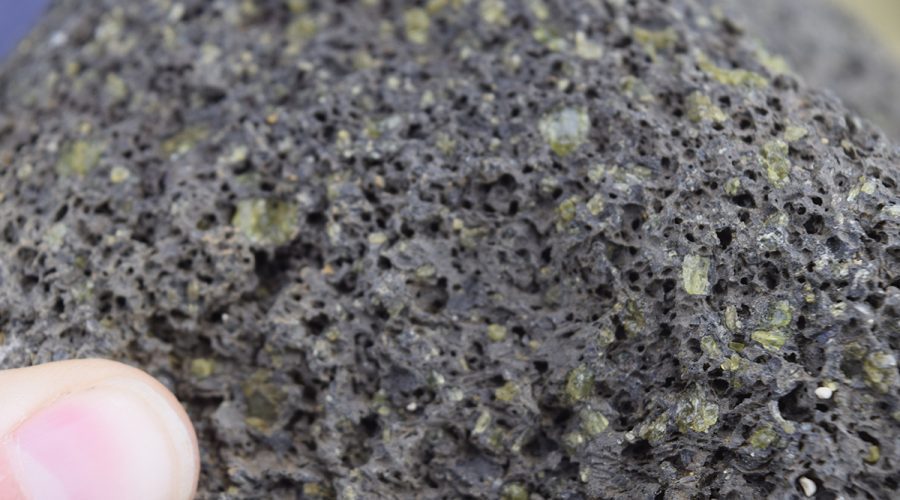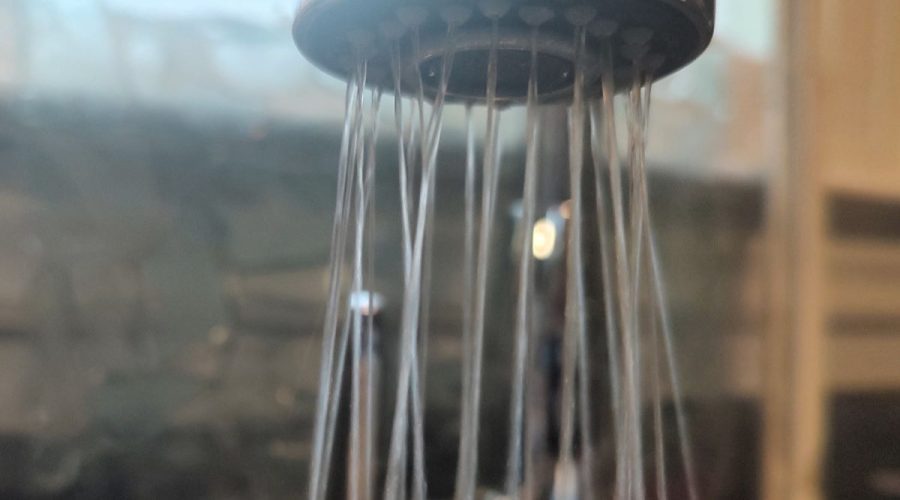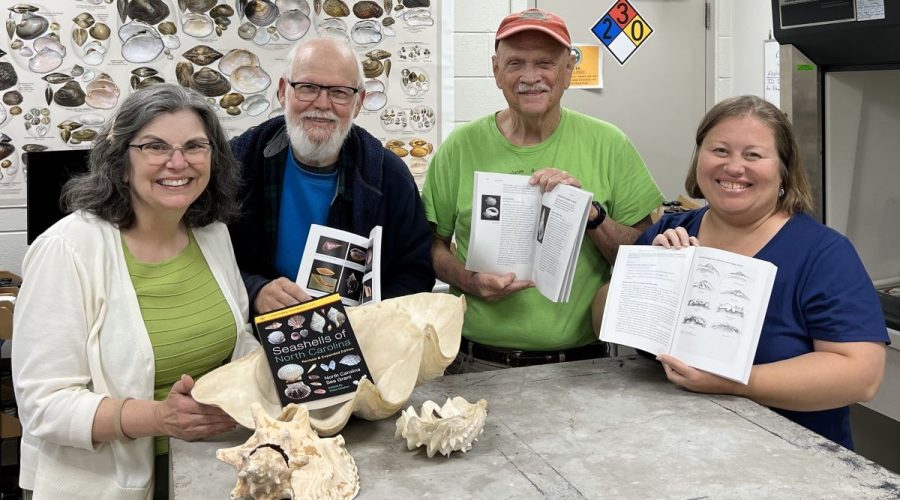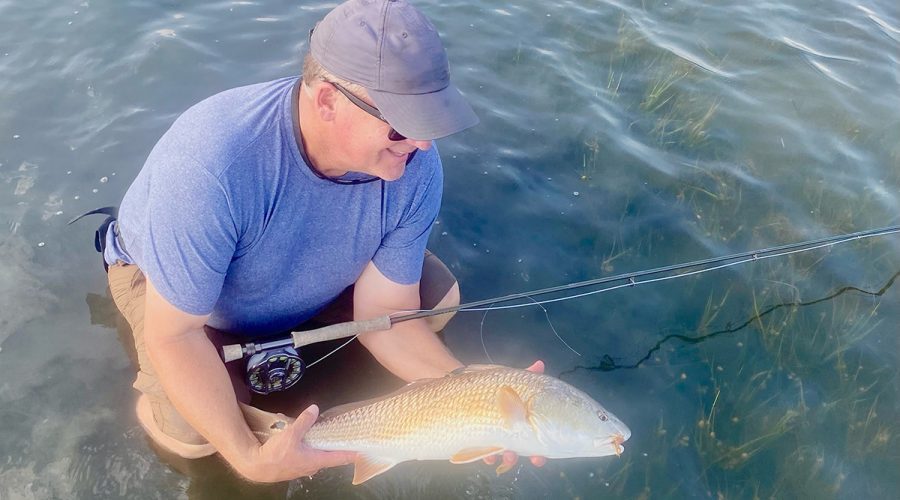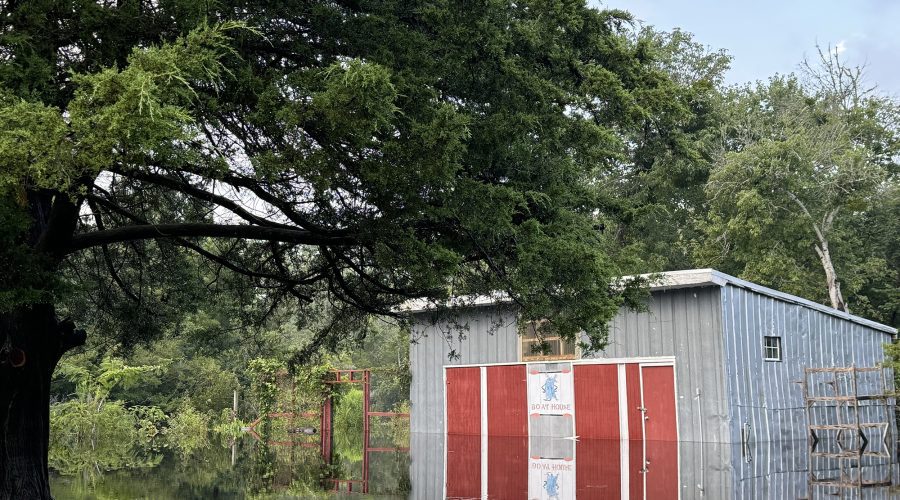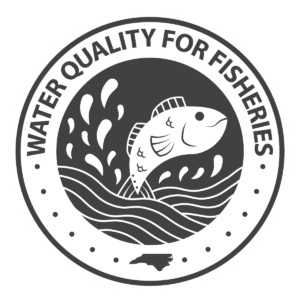Human-caused climate change has pumped up peak, pre-landfall Atlantic hurricane wind speeds by an average of 13 to 18 mph in recent years, according to the authors of two companion research papers published Wednesday.
science
The dirt on pH: No chemistry PhD required for gardening
Knowing your soil’s alkalinity and the conditions your desired plants need can help yield better results.
Science panel applies 2022 sea level report projections to NC
The Coastal Resources Commission’s science panel has released its “North Carolina 2024 Sea Level Rise Science Update” that applies the findings of a 2022 federal-level sea level rise technical report to North Carolina.
10K grant available for water resources research project
North Carolina Water Resources Research Institute and North Carolina Sea Grant are accepting proposals for the $10,000 Mountains to Sea Graduate Research Fellowship until 5 p.m. Dec. 16.
Ever-worsening wildfire threat burns closer to cities, towns
Longer, dryer droughts, warmer seasons year-round — the outlook for wildfires is increasingly grim as the state rapidly grows with already more acreage considered wildland-urban interface than any other state.
Maps may yield clearest clues to ‘nation’s oldest mystery’
Archaeologist Eric Klingelhofer of the First Colony Foundation says a review of historic maps indicates that the Croatan tribe who had befriended the Roanoke colonists did not live year-round on Hatteras Island, so the missing English settlers likely just crossed the sound.
Paid guides needed this weekend to help run GenX clinic
North Carolina State University is looking for people to assist sampling participants Friday, Saturday and Sunday in Wilmington, a job that pays $12 an hour with no experience required.
Samantha Farquhar finds trust a must in fishing research
Studying the intersects of food security, industrial fisheries and climate change, the doctoral researcher has learned that no matter whether its Nepal, Madagascar, Greenland or Wanchese, building relationships is the first step.
Researcher tracks how species adapt to climate change
UNC’s Dr. Paul Taillie says that while there’s reason for concern about the environment, he does not share the anxiety others have, rather, “I tend to be very optimistic about things.”
Institute’s September lecturer to address climate anxiety
Dr. Paul Taillie of the UNC Department of Geography and Environment, September’s featured “Science on the Sound” speaker at the Coastal Studies Institute, says resilience presents conservation opportunity.
Vesta says olivine sand carbon project at Duck yielding data
The light green sand from a Norway mine deposited nearshore earlier this year in Duck is part of a pilot project studying how the material, when activated by seawater, removes carbon from the ocean and atmosphere.
Public may comment on requested interim PFAS limits
The state Division of Water Resources is accepting comments through Oct. 4 on a request to set interim maximum allowable concentrations in groundwater for eight PFAS.
Conchologists expand, revise popular seashell field guide
Seashell enthusiasts teamed up to revise and expand the decades-old “Seashells of North Carolina” written in 1997 by Hugh Porter, who had a 55-year career at UNC Institute of Marine Sciences, and Lynn Houser.
Division, nonprofit team to tag red drum, track by satellite
Popular among anglers, little is known about the reproduction and migration of the state’s official saltwater fish, which the N.C. Division of Marine Fisheries and N.C. Marine & Estuary Foundation’s new pilot tagging study seeks to remedy.
Transition to La Niña may offer East Coast flooding relief
After a period of record flooding along the North Carolina coast, a recurring cooling trend in the Pacific is set to bring some relief here, according to a new National Oceanic and Atmospheric Administration outlook.
Water Quality for Fisheries Symposium set for October
Registration is open for Coastal Carolina Riverwatch’s Water Quality for Fisheries Symposium scheduled for Oct. 9-11 at the Duke University Marine Lab in Beaufort.

